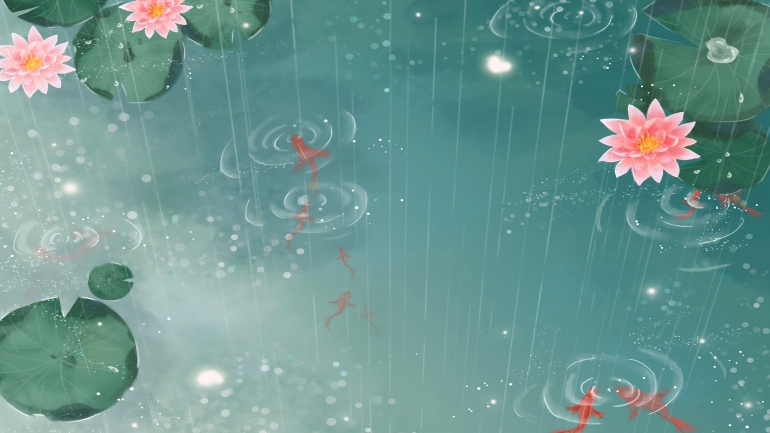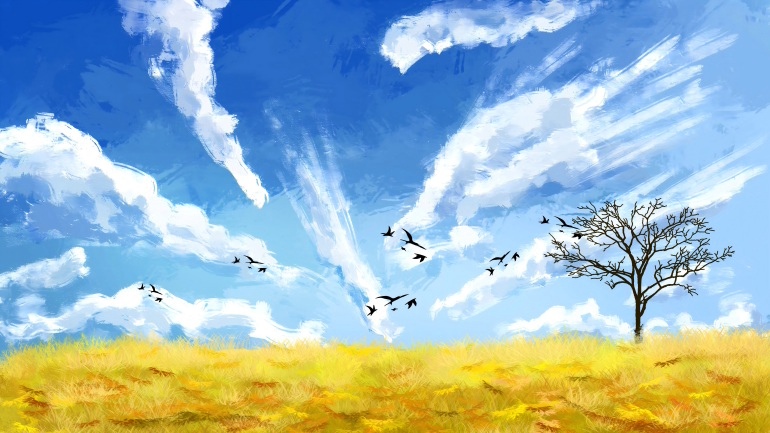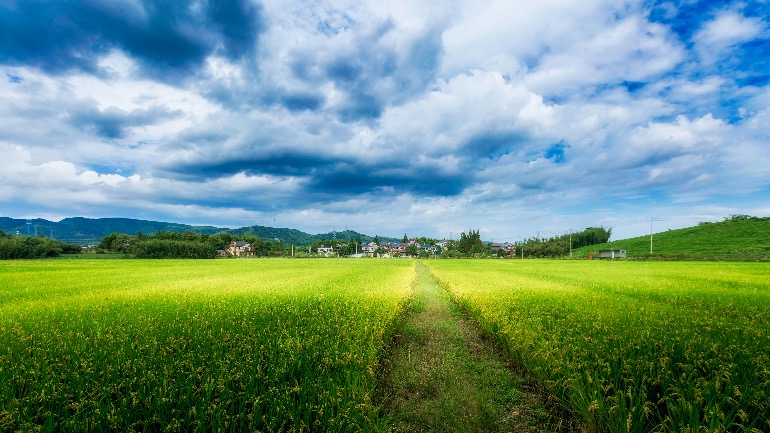Many people think our mind is the mental consciousness. In Yogacara, the mind is composed of eight kinds of consciousness – the five kinds of sense consciousness, the sixth mental consciousness, the seventh manas (defiled) consciousness and the eighth alaya consciousness. The alaya consciousness is the base or ground of all consciousness. So, our mind is not just the mental consciousness.
As for the view that “mind is inside, objects are outside,’’ this is the perception of the mental consciousness. For instance, when our hand comes into contact with fire, it is very hot to the touch, but what is this thing called hot? It is also a kind of sensation. In addition, when our hand touches an object, most of us think there must be such an object out there. If not, how can we possibly touch it? Most people are of this opinion, but it is mistaken. We can cite numerous examples to refute this perception.
For example, everyone thinks these mala beads are round, but on what basis do we say they are round? Actually our eyes can only see one side of the bead; like looking at a photo, we can only see the front, not the back. However, if we touch the bead with our thumb and middle finger, we can touch both the front and the back and say it is round. Our thumb has a sensation, our middle finger also has a sensation. The two sensations combined produce a feeling that it is round. Nonetheless, these are two sensations, not one. It is our mind that pulls all the information together and concludes the bead is round; it is the mind’s perception and finding. This is a misapprehension. Without investigation, we also accept the conclusion it is round; however, upon examination, we begin to question how we can be certain it is round. We will never know for sure since this feeling is specific to our sense faculty and mind. Most people think these sensations can be traced to an object. But who can prove they are based on a truly existent object outside? It can never be proven.











